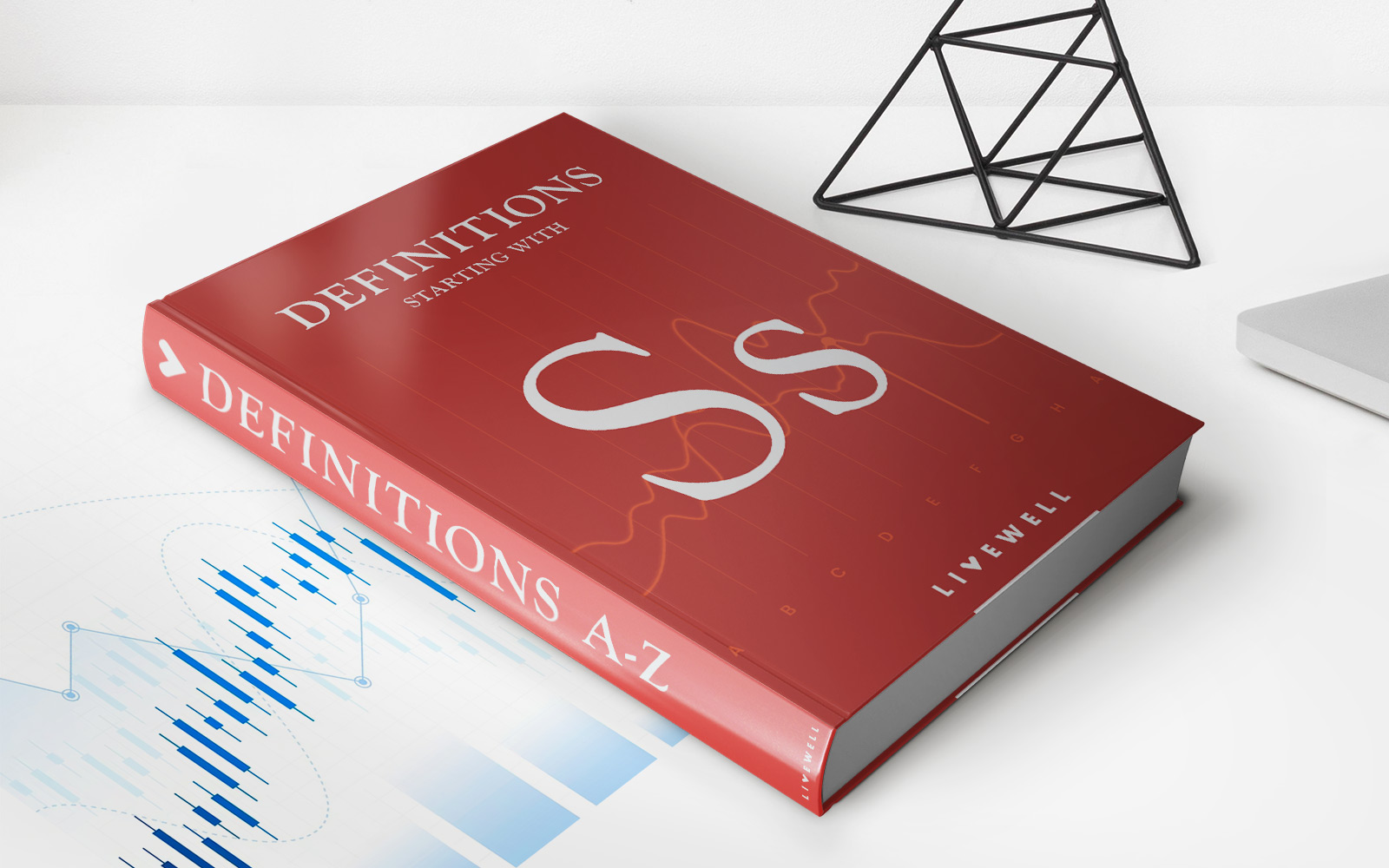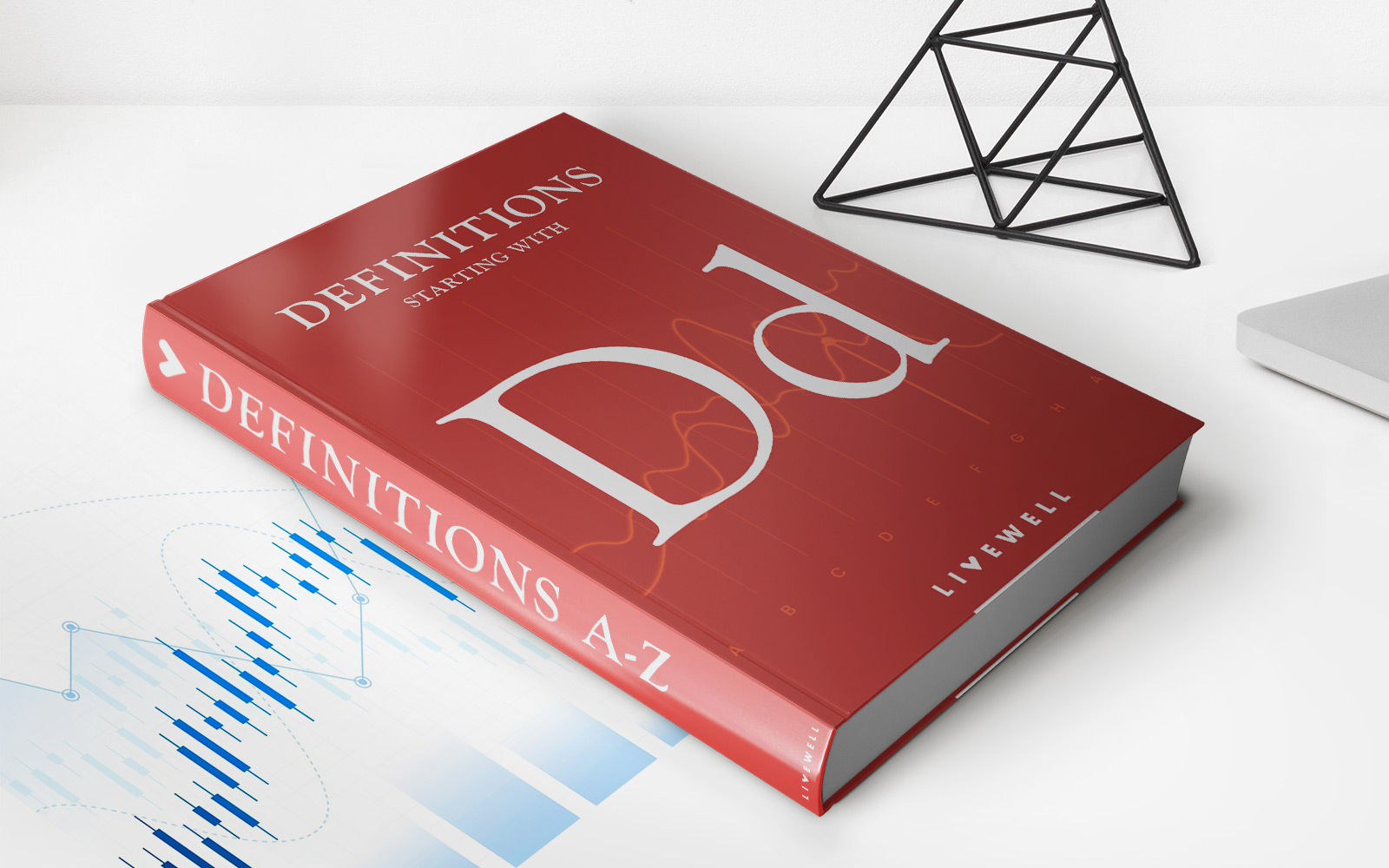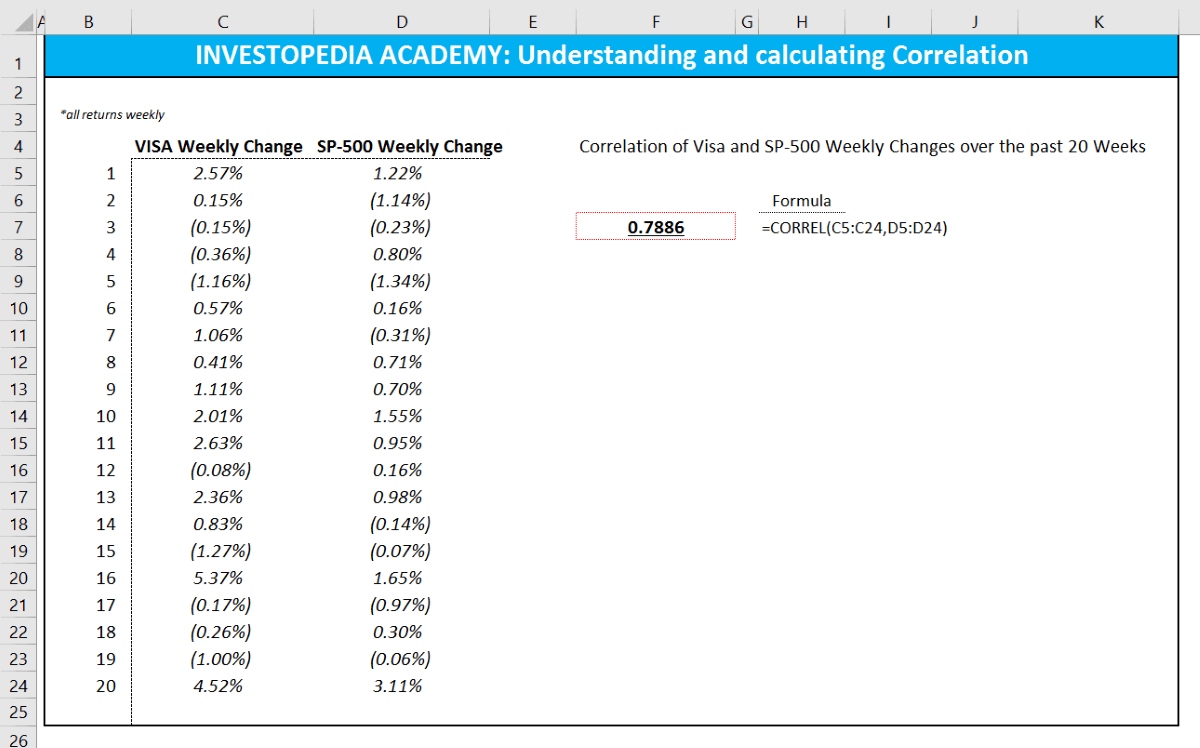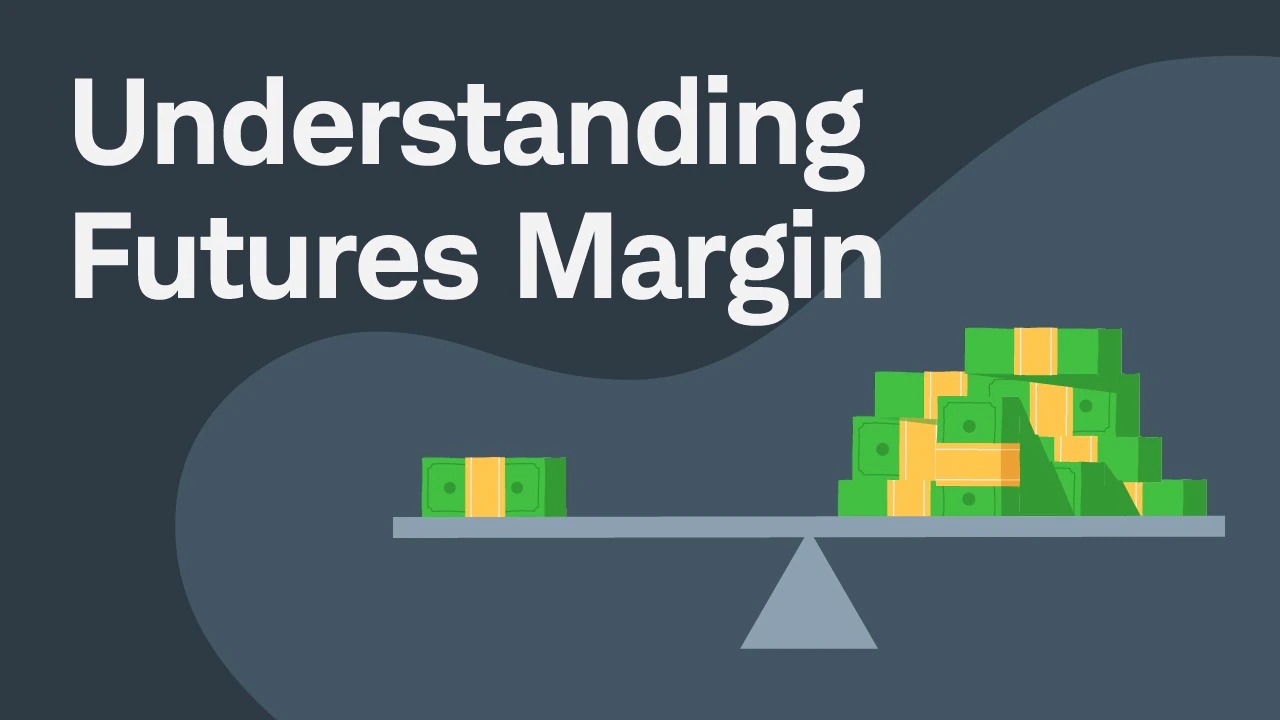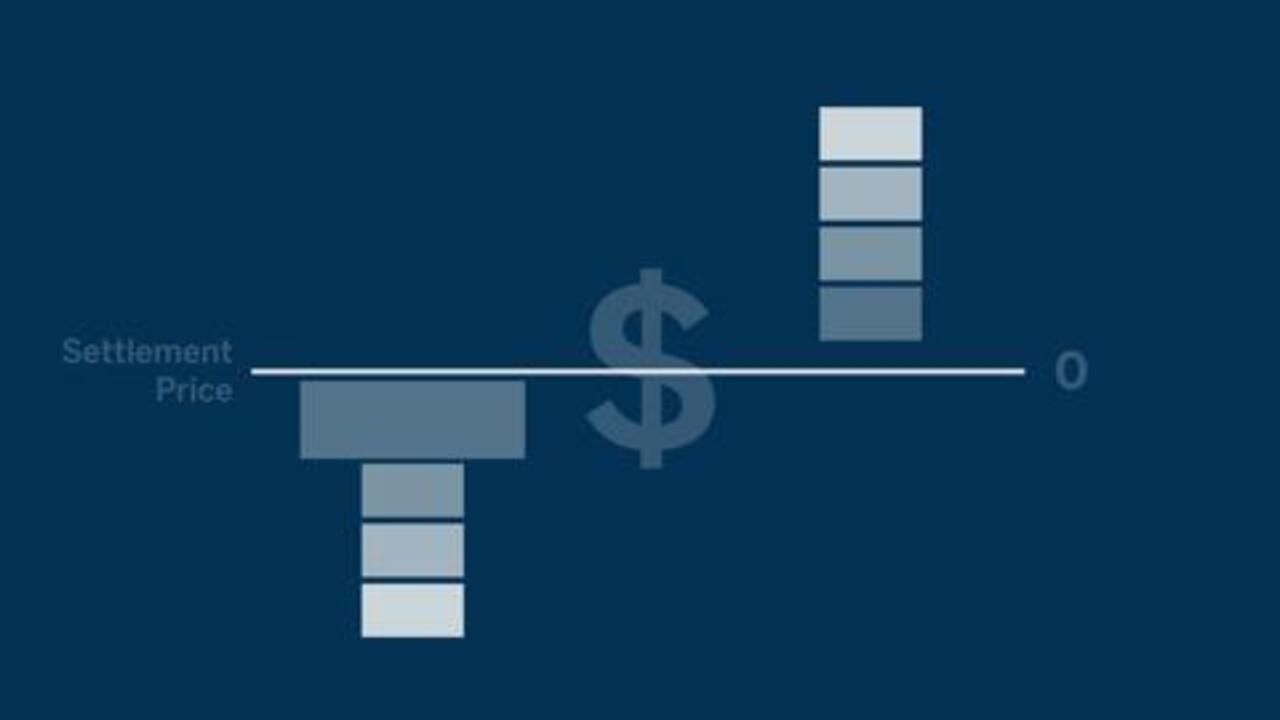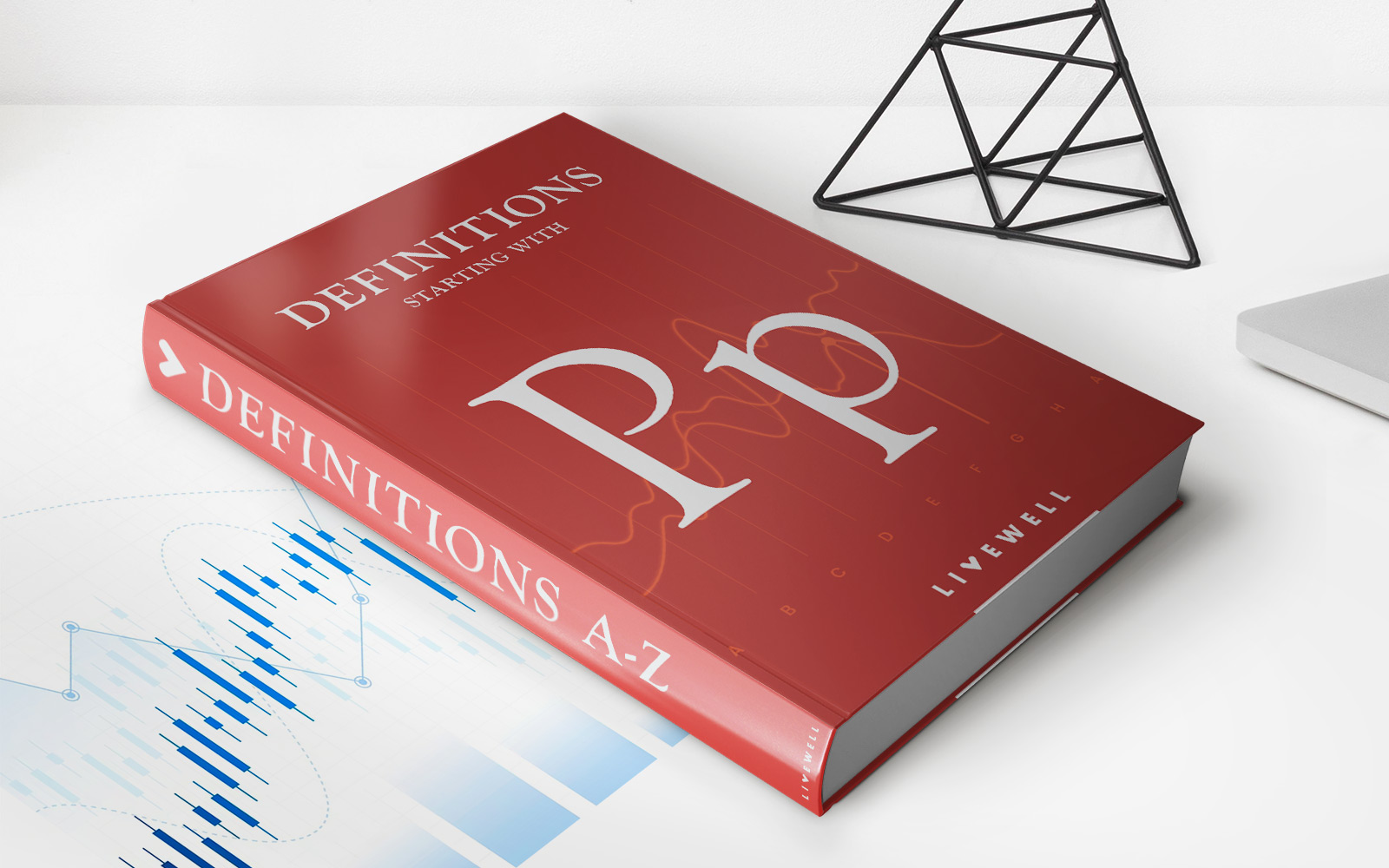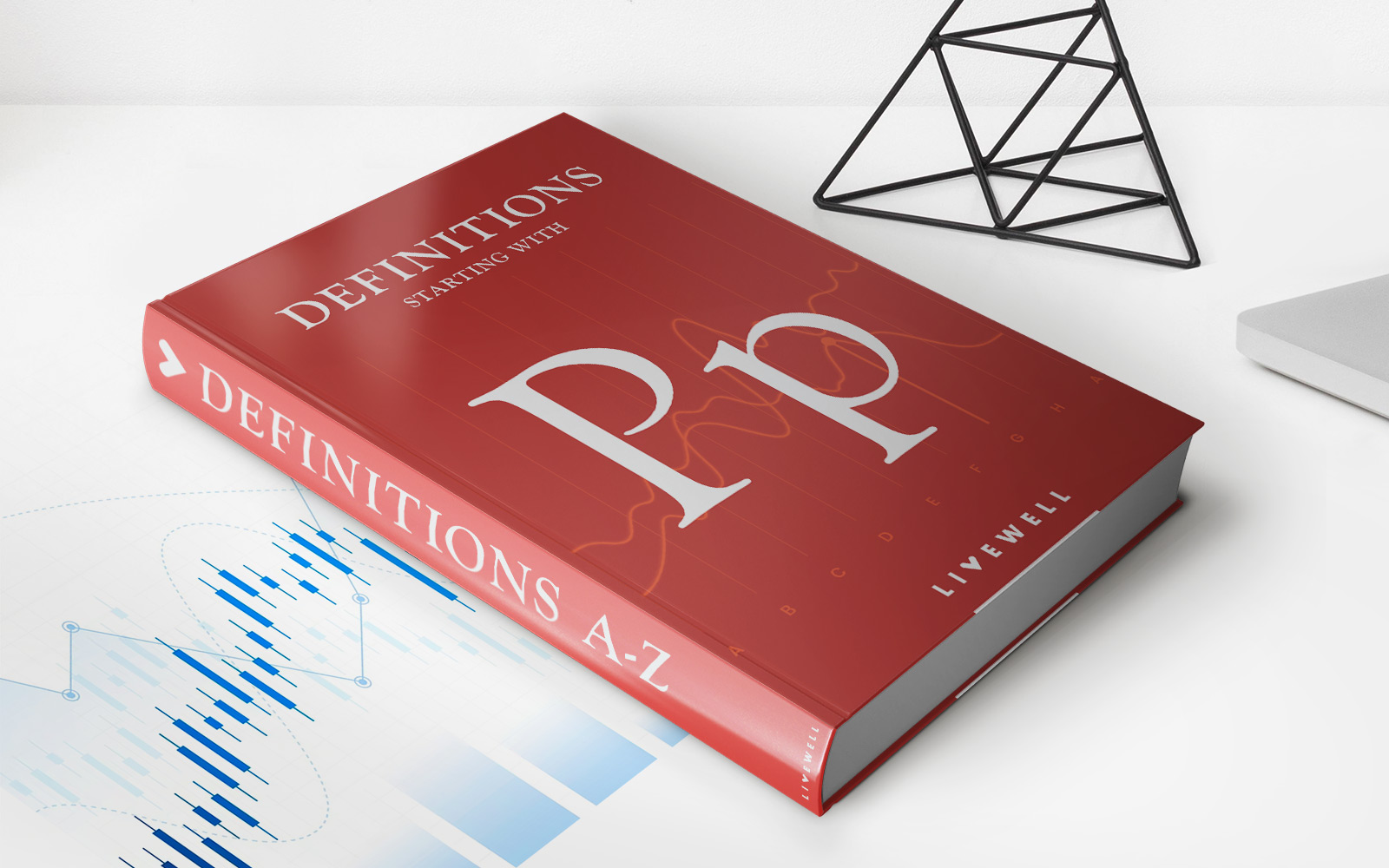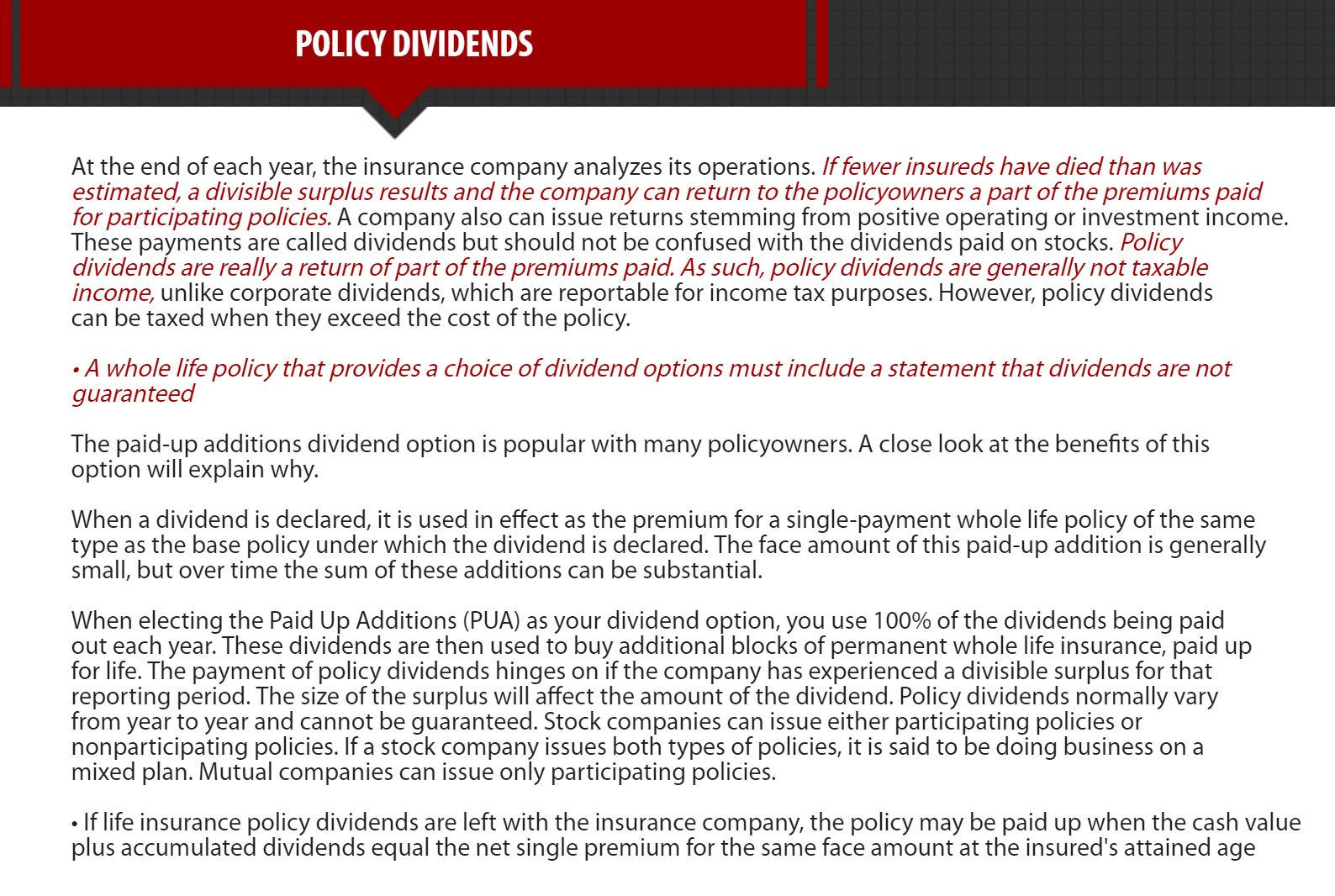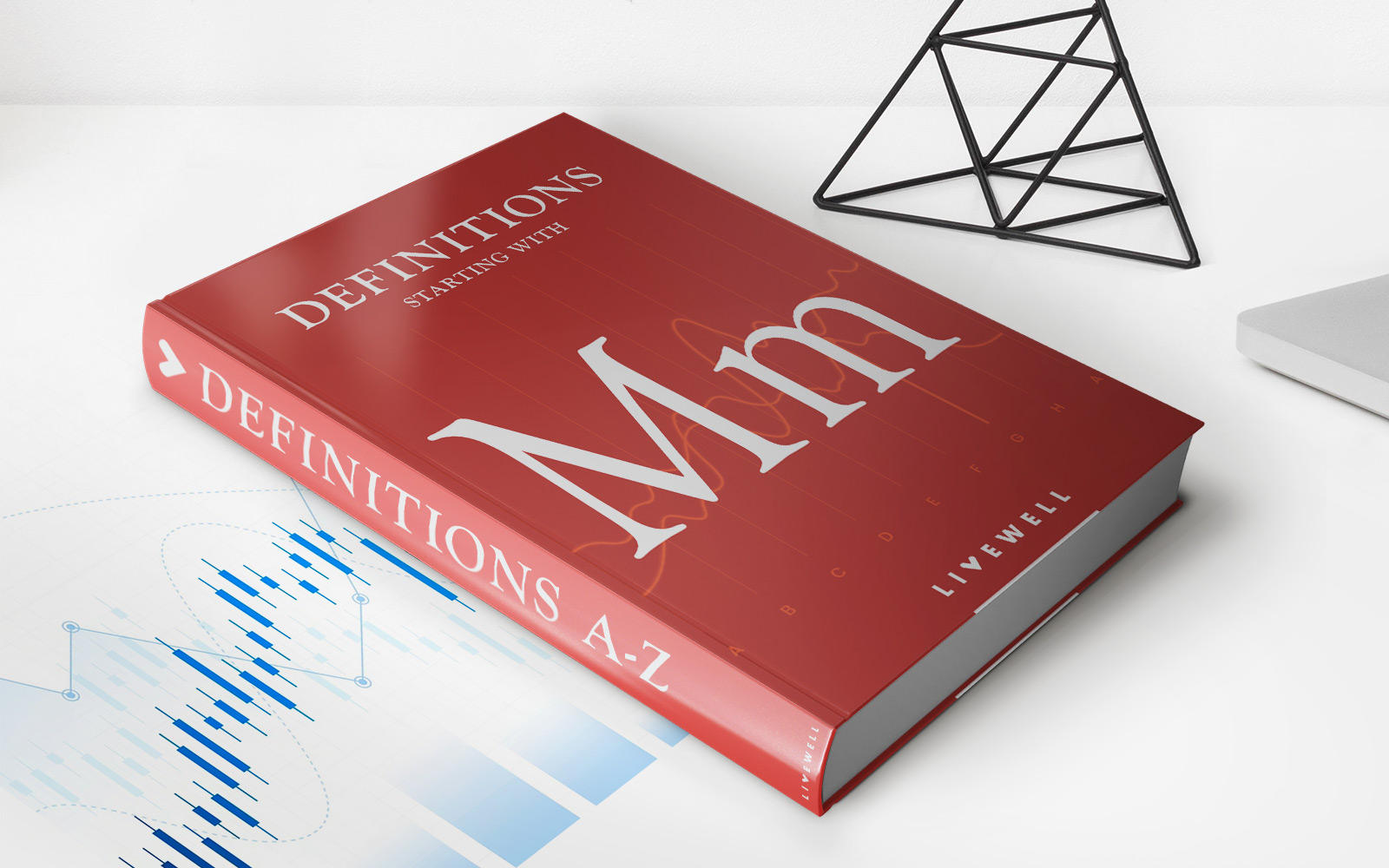

Finance
Minimum Price Contract Definition
Published: December 25, 2023
Looking for a clear definition of minimum price contract in finance? Discover how this powerful financial tool can help you manage risk and optimize your investments.
(Many of the links in this article redirect to a specific reviewed product. Your purchase of these products through affiliate links helps to generate commission for LiveWell, at no extra cost. Learn more)
The Minimum Price Contract: Understanding the Basics
Welcome to our “Finance” category, where we dive deep into various financial concepts and strategies. In this blog post, we will explore the minimum price contract (MPC) and its significance in the world of finance. If you’ve ever wondered what an MPC is and how it can benefit you, read on to discover everything you need to know!
Key Takeaways:
- An MPC is a risk management tool used in commodities trading.
- It allows producers to lock in a minimum price for their future crops or commodities.
What is a Minimum Price Contract?
A minimum price contract is a risk management tool commonly employed in commodities trading, particularly in the agricultural industry. It is designed to hedge against price fluctuations and provides producers with a certain level of price protection for their future crops or commodities.
By utilizing an MPC, producers can establish a floor price below which they will not sell their products. This means that even if the market price decreases, the producer is still guaranteed to receive at least the minimum price specified in the contract.
How Does the Minimum Price Contract Work?
Here’s a step-by-step breakdown of the minimum price contract process:
- The producer and the buyer (often a cooperative or elevator) enter into a contract.
- The producer agrees to deliver a set amount of a particular commodity, such as corn or wheat, at a future date.
- The minimum price for the commodity is established and agreed upon by both parties at the time of contract signing.
- If the market price for the commodity rises above the minimum price, the producer can still sell at the higher price.
- If the market price falls below the minimum price, the producer can sell at the minimum price specified in the contract.
By utilizing an MPC, producers can minimize their price risk and shield themselves from unexpected price drops. This provides them with more certainty and allows for effective financial planning.
Benefits of Minimum Price Contracts
Here are a few key benefits of using minimum price contracts:
- Price Protection: MPCs offer producers a safety net by providing them with a guaranteed minimum price, protecting them from price volatility.
- Improved Budgeting: With the certainty of a minimum price, producers can make more accurate financial projections and better plan for their future operations.
- Enhanced Negotiation Power: MPCs can strengthen a producer’s position during price negotiations, as they have a predetermined floor price below which they are not obligated to sell.
- Reduced Stress and Uncertainty: By having a minimum price locked in, producers can focus on their operations without constantly worrying about market fluctuations.
Conclusion
The minimum price contract is a valuable tool for producers in the commodities market, providing them with a sense of security and stability. By utilizing an MPC, producers can mitigate risk, improve financial planning, and negotiate from a position of strength. Understanding the basics of this risk management tool can empower producers to make informed decisions and navigate the complexities of the commodities trading landscape.
Now that you have a grasp of the minimum price contract, feel free to explore our other articles in the “Finance” category to further expand your financial knowledge.

